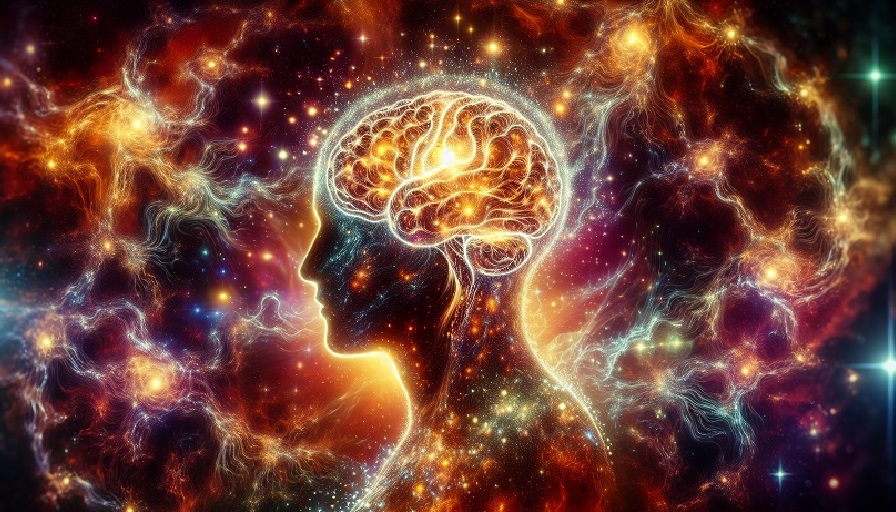
Yes, research suggests that full moon exposure may subtly affect sleep quality and cognitive cycles, though the effects are small and not fully understood. Some studies report shorter sleep duration, reduced deep sleep, and mild changes in mood or alertness during full moon phases, while others find no measurable influence.
Contents
The Historical Connection Between the Moon and Human Behavior
The idea that the moon influences human behavior is ancient. Many cultures link the lunar cycle to fertility, emotion, and mental health. The word “lunacy” itself comes from the Latin *luna*, reflecting beliefs that moonlight could trigger erratic behavior. While modern science does not support strong claims of lunar control over human psychology, subtle correlations between full moon phases and sleep patterns have been reported in recent studies.
Scientific Studies on Full Moon and Sleep
Several controlled studies have investigated whether lunar phases affect sleep:
- 2013 study in *Current Biology*: Found that during the full moon, participants slept about 20 minutes less, experienced 30% less deep sleep, and took longer to fall asleep.
- Subsequent studies: Some confirmed similar findings, while others failed to replicate them, suggesting variability across individuals and environments.
- Possible confounds: Environmental light pollution, cultural expectations, and individual sensitivity may influence outcomes as much as lunar phases themselves.
Overall, while evidence suggests a possible lunar influence on sleep, the effect appears modest and inconsistent.
Possible Mechanisms of Lunar Influence
If full moons affect sleep and cognition, several mechanisms might explain the link:
- Light exposure: Historically, the bright light of a full moon could disturb sleep before artificial lighting existed. Even today, increased brightness through uncovered windows may reduce melatonin production and disrupt circadian rhythms.
- Biological sensitivity: Some researchers speculate humans may retain evolutionary sensitivity to lunar cycles, as seen in other animals’ reproductive and behavioral patterns.
- Psychological expectation: Cultural beliefs that full moons affect behavior may create a nocebo effect, influencing subjective sleep quality or mood.
Impact on Cognitive Cycles
Because sleep quality directly influences cognitive function, any disruption from lunar phases may carry over into daytime performance. Reduced deep sleep impairs memory consolidation, problem-solving, and emotional regulation. Even small changes in sleep architecture could temporarily affect working memory or alertness during the full moon.
Individual Differences
Not everyone is equally sensitive to lunar phases. Factors that may influence susceptibility include:
- Chronotype: Night owls may be more affected by nighttime brightness.
- Sleep environment: People sleeping with uncovered windows or outdoors may notice stronger effects.
- Psychological belief: Expectation of disrupted sleep during full moons may increase perceived restlessness.
Cultural and Spiritual Interpretations
In spiritual traditions, full moons are often associated with heightened energy, intuition, and emotional release. Group meditations, rituals, and ceremonies are commonly timed with lunar phases. While these practices do not prove a biological effect, they illustrate how cultural meaning amplifies perceived influence. The combination of ritual, belief, and subtle sleep changes can shape cognitive and emotional experience during full moons.
Practical Tips for Managing Sleep During Full Moons
- Control light exposure: Use blackout curtains to block moonlight and reduce melatonin disruption.
- Keep consistent sleep routines: Bedtime regularity helps buffer against environmental disturbances.
- Practice relaxation techniques: Meditation, breathwork, or journaling can counteract restlessness tied to lunar phases.
- Monitor personal sensitivity: Keep a sleep journal to see if your rest patterns change with lunar cycles.
The Bottom Line
Full moon exposure may influence sleep and cognitive cycles modestly, with some people experiencing reduced deep sleep and altered alertness. While the biological mechanisms remain unclear, light exposure, evolutionary sensitivity, and cultural expectations likely contribute. For most people, the impact is minor compared to core sleep hygiene practices. Still, the full moon remains a fascinating reminder of how natural cycles may subtly shape the rhythms of the human brain.

